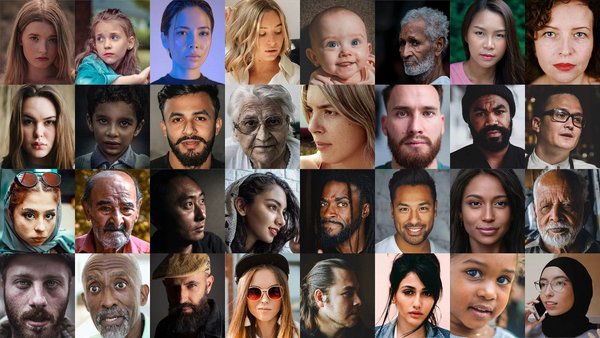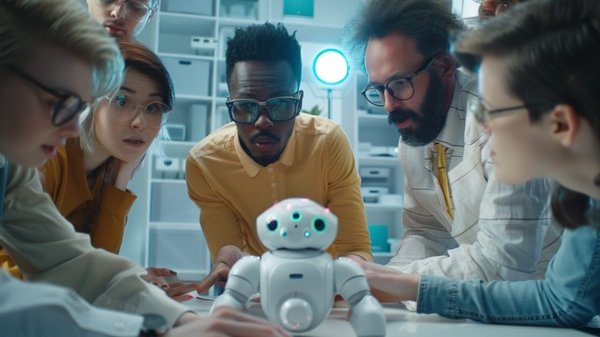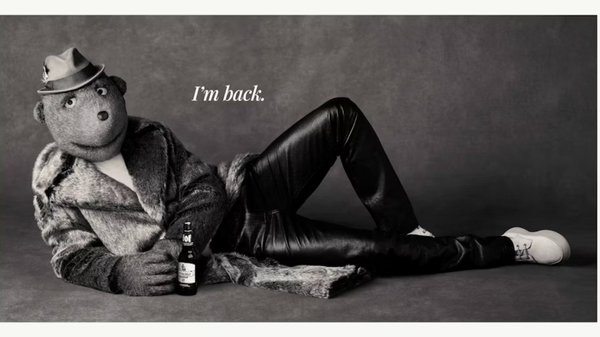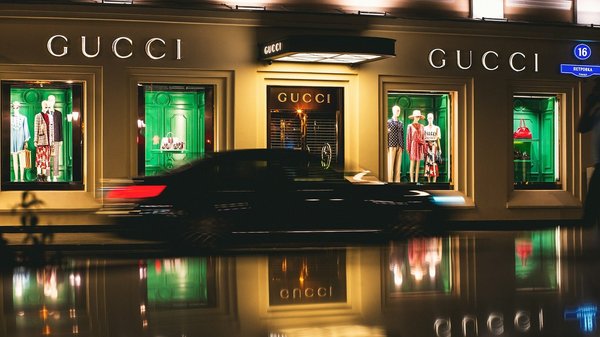The Great Transition is coming: how to talk about sustainability /
EdenLab's Leo Rayman on how not to get flattened by the biggest wave of your career
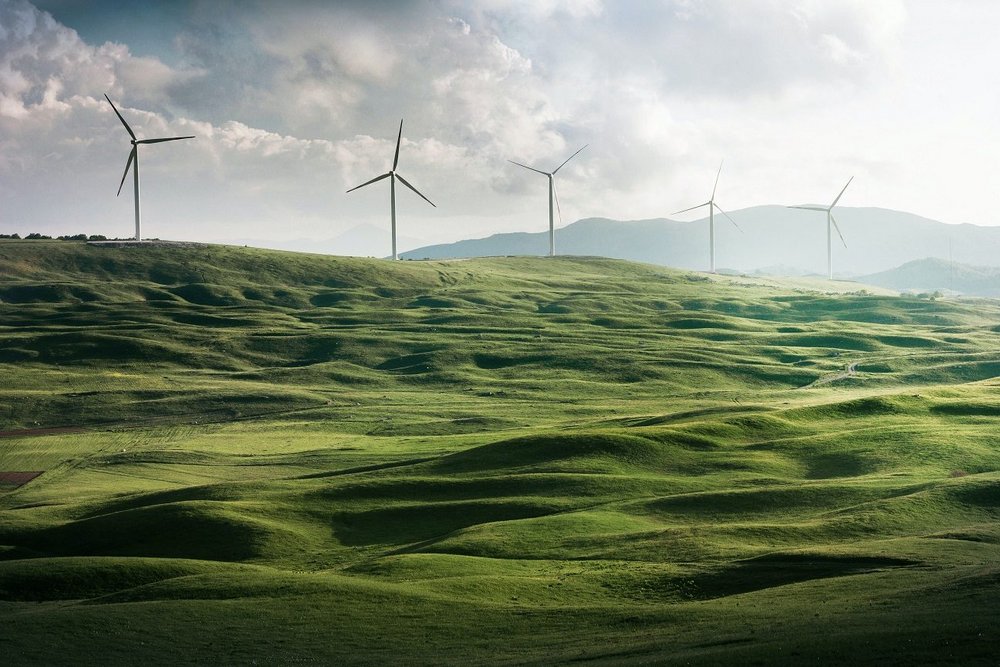
Photo by Appolinary Kalashnikova on Unsplash
When we start working with leadership teams we ask them a couple of killer questions. First, do they think that climate change and decarbonisation are going to have a major impact on their category in the next five years? Invariably they all say, ‘yes’. Next, we ask if they feel confident talking about sustainability, ESG, the circular economy, carbon credits, net zero, climate risks and opportunities. Almost everyone says, ‘er, no’.
In most cases, it’s this gap in understanding that leads to accusations of greenwashing. Do you trust the brief that says plastic recycling has a really positive impact on the climate, or do you dig a little deeper and ask more incisive questions because you know it’s not that simple?
Is communication even the right place to start if the business model and supply chain is causing environmental and biodiversity loss, or reinforcing injustice? Is carbon offsetting a viable strategy and can you trust carbon credits? (Answer: it is at best only part of the solution and you should be looking into ‘insetting’ instead.) What does a really circular economy look like? Is your climate pledge in line with science-based targets, and even then is it aggressive enough?
The gap in understanding isn’t impossible to close, and there’s really solid detail on what does and doesn't help mitigate climate change, from sources as varied as the IPCC to Project Drawdown. There are also ‘pre-competitive’ networks in every industry that share knowledge on how their sector is part of the problem and can be part of the solution.
The Great Transition to the zero-carbon world is bigger than digital transformation was. It is more complex and more challenging to how we live and work. As Al Gore says, ‘We are in the early stages of a sustainability revolution which bears the magnitude of the industrial revolution and the speed of the digital one.’ Probably a good idea to learn as much as you can, then.
What's required is a general upskilling of the entire creative industry. Now that’s a big ask, I know. But like every other sector and discipline, the Great Transition is going to force everyone to reassess their choices and rethink what it means for them, for their company and for their job. You can choose to bury your head in the sand. It’s understandable; it is more comfortable to avoid finding out too much because climate change feels huge, scary and unfixable. It is also true in my experience that once you do look into the abyss, it's impossible to ‘unsee’ it, changing your outlook permanently.
Leo Rayman, EdenLab
People sometimes talk about having a climate ‘epiphany’. But I prefer to think of it as simply seeing the world differently. A better parallel is the arrival of linear perspective during the Renaissance – suddenly all that 2D art must have seemed bizarrely flat and out of date.
It gives me great hope to see the enormous variety of people currently firing into the sustainability space in ever greater numbers. There are people from all backgrounds, all industries, all disciplines and every level of seniority all committing to finding out more.
It’s great news because it reveals that what was a steady trickle has turned into a flood. This is no longer the preserve of lone environmental voices crying in the wilderness, this is a genuinely global movement, connected by a desire to do something proactive, to go and get the knowledge, to understand the bigger picture and to work out how they can play their part.
So practically speaking where might you start?
First follow some of the leading sustainability voices on LinkedIn – there’s an incredibly generous spirit of sharing because we need everyone to get up to speed as quickly as possible. Skimming those feeds gives you an instant feel for the issues.
There is a real boom in climate and sustainability education, from gamified snackable online content from start-ups like SeedCulture and AimHi, to more hands-on learning from The Climate School. There are even playful workshops like ClimateFresk. It doesn't have to be boring.
If you want to really get a quality education fairly quickly, then the Cambridge Institute of Sustainability Leadership is pretty much a go-to, but there are also short courses at Oxford, The London Business School, Harvard and MIT. The benefit of part-time learning here is that you plug into an ready-made alumni network that acts as a brilliant support community.

Like any good creative, you need references and that means building a store of examples of what good looks like: I like what IKEA is doing with a fundamental rethink of their business model. I love the way Back Market a refurbished electronics platform sells to you on price and value first, not reduced carbon. Cake, the Swedish electric motorbike manufacturer, shows us how sustainability can be aspirational and pleasurable. Homewares retailer Dunelm is combining recycling with remanufacture and redistribution hitting the twin goals of environmental and social impact.
And there are hundreds of podcasts: try this one with Jon Evans and these by Nate Hagens. There are free talks almost every night of the week, and you can get in touch with The Purpose Disruptors or MarketingKind who’ll give you an easy entry point to get you started. Honestly, there’s no excuse.
The truth is, the Great Transition is going to be the biggest thing that happens in your life. You have skills. You can create, persuade, inspire, dream-up better worlds. Just imagine what you might do if you were armed with the knowledge of what really mattered and how to make it count.
Leo Rayman is the CEO and founder of green growth consultancy Eden Lab, and the former chief executive officer at Grey Consulting.
Want more of the same? /
We don’t just write about best-in-class campaigns, interviews and trends. Our Members also receive access to briefings, online training, webinars, live events and much more.
